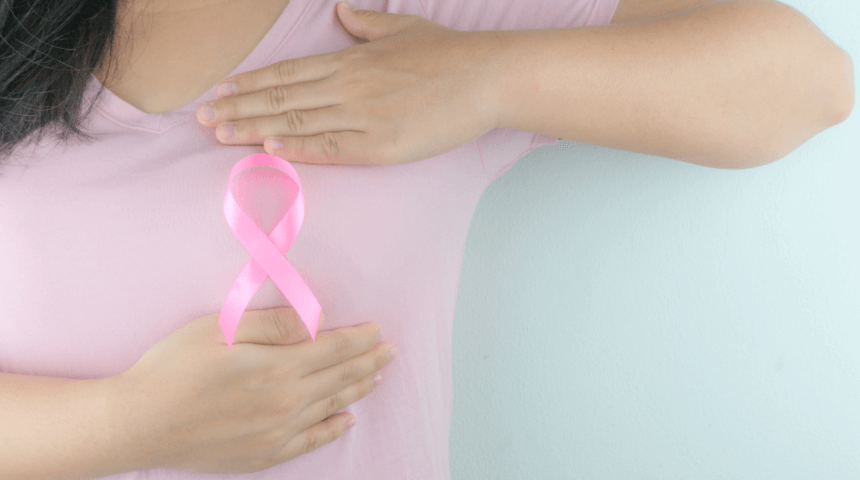It is a simple fact of life that as you get older, your cancer risk goes up. The median age for cancer diagnosis is 66. That means half of all cancers are found in people over that age, while the other half are found in people under that age.
There’s little you can do to change the genetic make-up you inherited from your parents. But there are certain steps you can take to reduce your risk of developing cancer.
Let’s look at some of the key factors involved in age and cancer risk.
Your Immune System Weakens
As you get older, your immune system loses its robustness. For much of your life – from puberty to your 50s – that decline will be gradual. But at some point in your 60s, your body’s ability to fight off infections will suffer a substantial downgrade, and along with it the cancer surveillance system weakens.
Your body will heal more slowly. You will be more likely to get sick from the flu and other infections. Vaccines may lose their effectiveness more quickly. You are vulnerable to autoimmune disorders in which your own immune system attacks healthy tissues. And your body won’t be as effective at detecting and eliminating the cells that can cause cancer.
Bad Cell Copies
Think of your body as an organic copy machine. Every day, billions of cells are busy making copies of themselves to replace those that have died. That process speeds up anytime you suffer an injury. Cut your finger, and your skin cells will immediately start working on new tissue to repair the damage.
It’s a great system for keeping us healthy. But every time a copy is made, there is a small chance the copy will be defective and dangerous – a mutation. Most of those errors will be detected and repaired by your body. But this bit of bad luck is responsible for a large percentage of all cancers, research suggests.
The longer you live, there is a greater chance that one of these mutations will survive and make enough copies of itself to become a cancerous tumor. The chances are further increased each time your body suffers an injury that forces it to make more cells – sunburns, for example, can increase your risk for skin cancer.
Life Catches Up
Throughout your life, you will be exposed to a wide range of factors that can contribute to cancer as you age. Among them:
- Smoking
- Viral infections
- Air pollution
- Chemicals or substances in food
- Occupational hazards
- Sunlight
- Obesity
These don’t cause cancer immediately. Instead, damage happens slowly and may not result in cancer until much later in life. Consider lung cancer, where smoking is a major risk factor. Even among people with a long history of smoking, lung cancer screenings are not recommended until age 50.
There is a more recent and troubling trend that has seen cancer rates rising for younger people – particularly women and adults in their 30s, according to a study published by the Journal of the American Medical Association.
The increases in early-onset cancers (those diagnosed before age 50) were particularly notable with gastrointestinal, endocrine and breast cancers. From 2010 to 2019, the rate of early-onset cancers rose by nearly 1 percent. But among the 30 to 39 age group, the increase was about 19 percent.
Researchers are still exploring why this is occurring, but it is suspected that a diet heavy on processed foods and a sedentary lifestyle are largely to blame.
Reducing Your Risk
Unfortunately, there is no way to eliminate your cancer risk. But there are things you can do to improve your odds. In a perfect world, you would start these precautions at an early age. But it’s never too late to start.
Among the steps you can take:
- Avoid exposure to all forms of tobacco, including chewing
- Wear sunscreen regularly
- Eat healthy with a focus on plant-based and non-processed foods
- Stay active and maintain a healthy weight
- Vaccinate teens against HPV, which causes cervical, and head and neck cancer
- Follow screening guidelines for breast, colon, lung and other cancers
Choose to Stay in Touch
Sign up to receive the latest health news and trends, wellness & prevention tips, and much more from Orlando Health.
Sign Up





